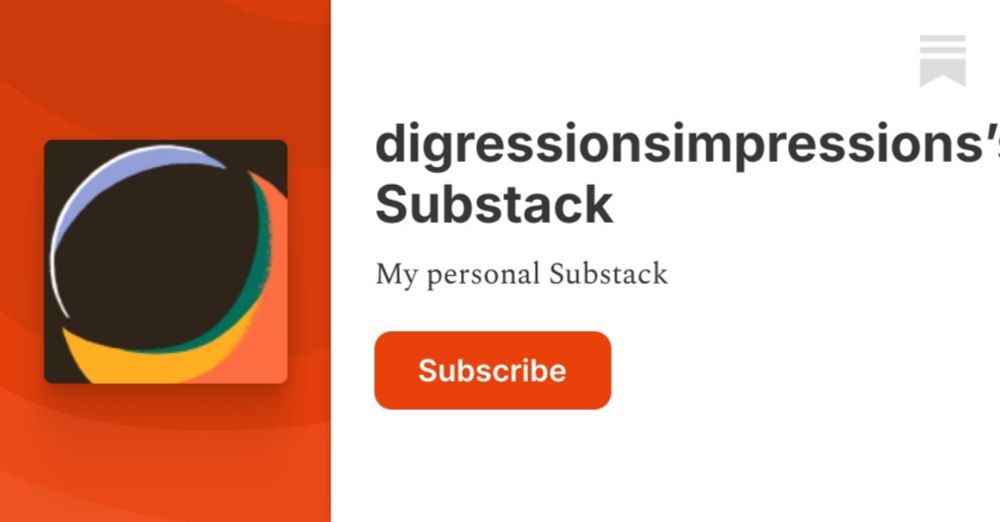Rory D. Kent
@feyerabender.bsky.social
1.7K followers
320 following
75 posts
Political philosopher of science. Trying to work on the ideology-critique of scientism and a materialist theory of scientific crises, while also holding down a desk job.
Posts
Media
Videos
Starter Packs
Pinned
Rory D. Kent
@feyerabender.bsky.social
· Apr 24
Feyerabend's Monster and the Critique of Scientism
In this dissertation, I identify and develop the social-democratic tendency within Paul Feyerabend’s political thought to lay the groundwork for a critical social theory of scientism. Across his polit...
www.repository.cam.ac.uk
Reposted by Rory D. Kent
Reposted by Rory D. Kent
cordelia
@cozyunoist.bsky.social
· Jun 20
Rory D. Kent
@feyerabender.bsky.social
· Jun 21
Reposted by Rory D. Kent
Rory D. Kent
@feyerabender.bsky.social
· May 21





